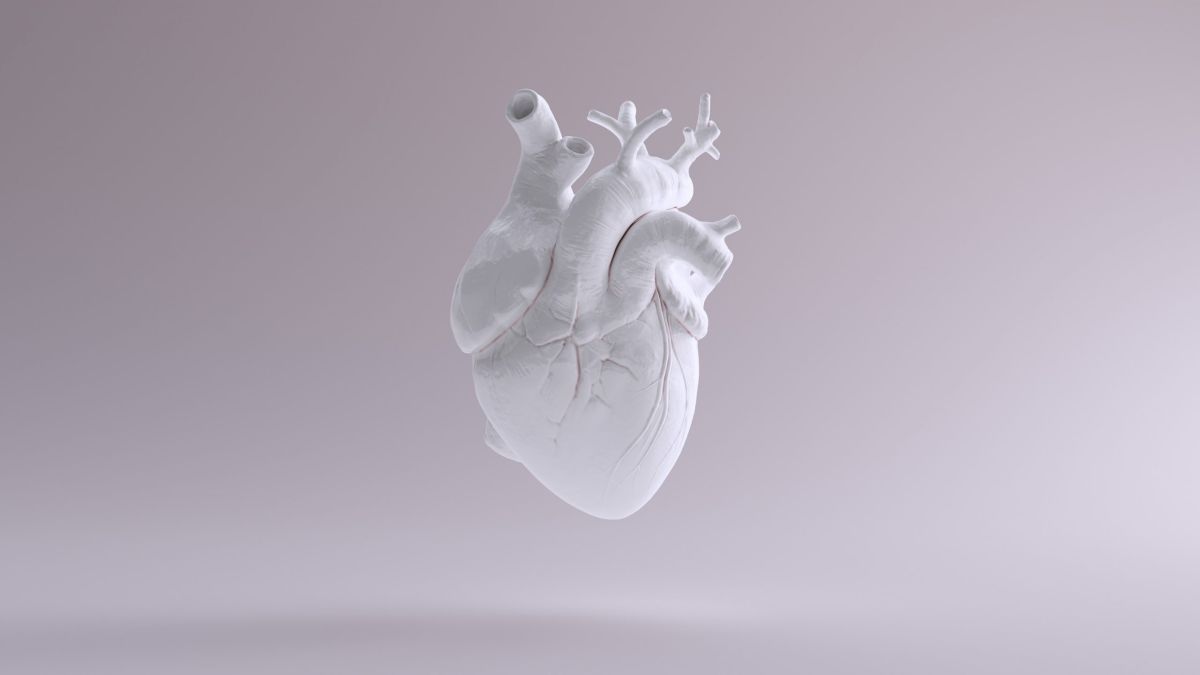The Keys to Life of the Heart
Ibrāhīm al-Ḥāzimī


Ibn al-Qayyim, may Allāh have mercy upon him, said: “The keys to the life of the heart lie in reflecting upon the Qurʾān, being humble before Allāh in secret, and leaving sins.” 1 Allāh, the Most High, said:
كِتَابٌ أَنزَلْنَاهُ إِلَيْكَ مُبَارَكٌ لِّيَدَّبَّرُوا آيَاتِهِ وَلِيَتَذَكَّرَ أُولُو الْأَلْبَابِ ﴿٢٩﴾
“A Book which We have sent down to you, full of blessings that they may ponder over its verses, and that men of understanding may take heed.”
[Ṣād, 38:29]
Compiler’s Introduction to Diseases of The Hearts and Their Cures
So Allāh informed us that He sent down this Great Qurʾān, blessed in its wording, meaning, commands, prohibitions and regulations. Amongst its blessings is that the one who recites even one word of it then he has a reward, and this reward is increased tenfold, as mentioned in the ḥadīth reported by al-Tirmidhī, and al-Tirmidhī said that it is ḥasan ṣaḥīḥ. Also amongst its blessings is that the one who reads it and acts upon it shall not be misguided in this world, nor fall into distress and misery in the Hereafter as stated by Ibn ʿAbbās (raḍī Allāhu ʿanhu) in the commentary to the verse,
فَإِمَّا يَأْتِيَنَّكُم مِّنِّي هُدًى فَمَنِ اتَّبَعَ هُدَايَ فَلَا يَضِلُّ وَلَا يَشْقَىٰ ﴿١٢٣﴾
“Whoever follows My guidance shall neither go astray nor fall into distress and misery.”
[Ṭā Hā, 20:123]
If one were to come across a verse concerning the Mercy of Allāh then he would hope for this Mercy and ask for it. If one were to come across a verse threatening with punishment then he would fear this and seek refuge with Allāh from it.
Amongst its blessings is also that the one who learns it and teaches it is from the best of people as occurs in the ḥadīth reported by al-Bukhārī, “The best of you is the one who learns the Qurʾān and then teaches it.” 2
Amongst its blessings is that it will be an intercessor on the Day of Judgement for its companions who used to act by it in this world as occurs in the two aḥādīth reported by Muslim in his Ṣaḥīḥ. 3 He, the Exalted informed us that He revealed the Qurʾān so that its meanings, commands and prohibitions may be reflected over, such that if one were to come across a verse commanding something then he should follow it. If one were to come across a verse forbidding something then he should leave it.
If one were to come across a verse concerning the Mercy of Allāh then he would hope for this Mercy and ask for it.
If one were to come across a verse threatening with punishment then he would fear this and seek refuge with Allāh from it. If one were to come across a verse concerning the glorification of Allāh then he would glorify Allāh, and through this faith, knowledge, guidance and taqwá will increase. Allāh said while descriibng the believers,
وَإِذَا تُلِيَتْ عَلَيْهِمْ آيَاتُهُ زَادَتْهُمْ إِيمَانًا
“And when His verses are recited unto them, they increase their faith.”
[al-Anfāl, 8:2]
Due to their containing promises and threats that motivate hope and fear; and Allāh, the Most High, said,
أَفَلَا يَتَدَبَّرُونَ الْقُرْآنَ أَمْ عَلَىٰ قُلُوبٍ أَقْفَالُهَا ﴿٢٤﴾
“Do they not ponder over the Qurʾān or are there locks upon their hearts?”
[Muḥammad, 47:24]
Amongst the ways of giving life to the heart is to be humble to Allāh in secret. Meaning to desire and long for Allāh through supplication, seeking forgiveness, turning to Him, asking for victory, Paradise and shelter from Hellfire at the time when Allāh descends to the lowest Heaven in the last third of the night, as occurs in the authentic ḥadīth, “Our Lord descends to the lowest heaven when a third of the night remains, saying: Who is supplicating to Me that I may answer him? Who is asking of Me that I may give him? Who is seeking forgiveness of Me that I may forgive him?” 4
This ḥadīth contains encouragement to stand in the last part of the night, praying, supplicating, and asking for forgiveness, Paradise and safety from the Fire, and supplicating for good in this life and the Hereafter. Indeed, Allāh has commanded us with supplication and promised to reply, and He who is far removed from imperfection, does not break His promises. Amongst the times that this reply will be attained is the last part of the night, and this is a blessing that Allāh bestows upon whosoever He wishes, and Allāh is the Possessor of great blessings and bounty. And from the ways of giving life to the heart is to leave the sins that kill it, as in the ḥadīth, “When the servant performs a sin a black spot appears on his heart,” 5 and if he seeks forgiveness this black spot is removed, and if he returns to sin the black spot grows until his heart becomes black, and this is the ‘raan’ about which Allāh spoke,
كَلَّا ۖ بَلْ ۜ رَانَ عَلَىٰ قُلُوبِهِم مَّا كَانُوا يَكْسِبُونَ ﴿١٤﴾
“Nay! But on their hearts is the covering of sins (raan) which they used to earn.”
[al-Muṭaffifīn, 83:14]
The poet said,
‘I saw the sins killing the hearts;
Breeding ignominy due to their addiction;
And in the leaving of sins lies its life;
And it is best for your soul that you preserve it.’
Endnotes:
- Hādīyyul-’Arwaah ilā Bilādil-Afraah (p. 45) of Ibn al-Qayyim.
- Related by al-Bukhārī (6/501)
- Related by Muslim (2/385)
- Related by al-Bukhārī (no. 9474) and Muslim (no. 758)
- Ḥasan Ṣaḥīḥ: Related by Sūrah al-Nisāʾī and al-Tirmidhī (1/128), who said it was Ḥasan Ṣaḥīḥ.
Most Popular: Last 30 Days

















